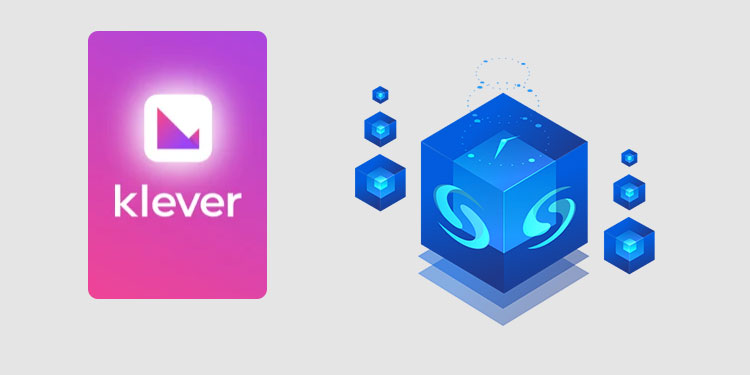Syscoin, a full-featured blockchain platform, has announced that Syscoin 4.2 will support the creation of Non-Fungible Tokens (NFTs). This will bring a new level of usability to the Syscoin blockchain.
NFTs on Syscoin will offer scalability, compliance, low fees, decentralization, security, and eventual interoperability with Ethereum once Syscoin Bridge is expanded to include NFTs.
Features of Syscoin NFTs
- Divisible Ownership – Owners and issuers will be able to flexibly apportion a single unique asset among many owners. An issuer can specify the precision of their NFT upon creation, from 1 satoshi (non-divisible), to whatever level of divisibility is needed.
- More Efficient – Up to now, NFTs had a reputation for contributing to blockchain “bloat”, requiring significantly more data storage than regular fungible tokens. An NFT on Syscoin will be very light. A token’s unique identifier requires only 3 bytes on the Syscoin blockchain, compared to 32 bytes or more on other platforms.
- NFTs with Notary or Z-DAG – With Syscoin, the real-time execution model, storage, and user experience of NFTs match those of fungible tokens. Every benefit and capability that Syscoin provides fungible tokens will also apply to NFTs.
Syscoin NFT Use-Cases
NFTs are designed to represent a unique asset. Unlike fungible coins (e.g. SYS or BTC), NFTs are individually identifiable and not interchangeable. Some example use-cases include:
- Gaming – Unique characters and in-game assets can be represented by NFTs, making them easily transferable.
- Art – Art owners can have proof of ownership that protects artists against copyright theft, and makes ownership easily transferable.
- Real-World Assets – NFTs can be used to prove ownership of property or assets, like a plot of land or a specific gold bar.
- Collectibles – NFTs can be used to create entirely new types of collectibles, traditional collectors’ items, like baseball cards, coins, and stamps, can be tokenized with NFTs.






















